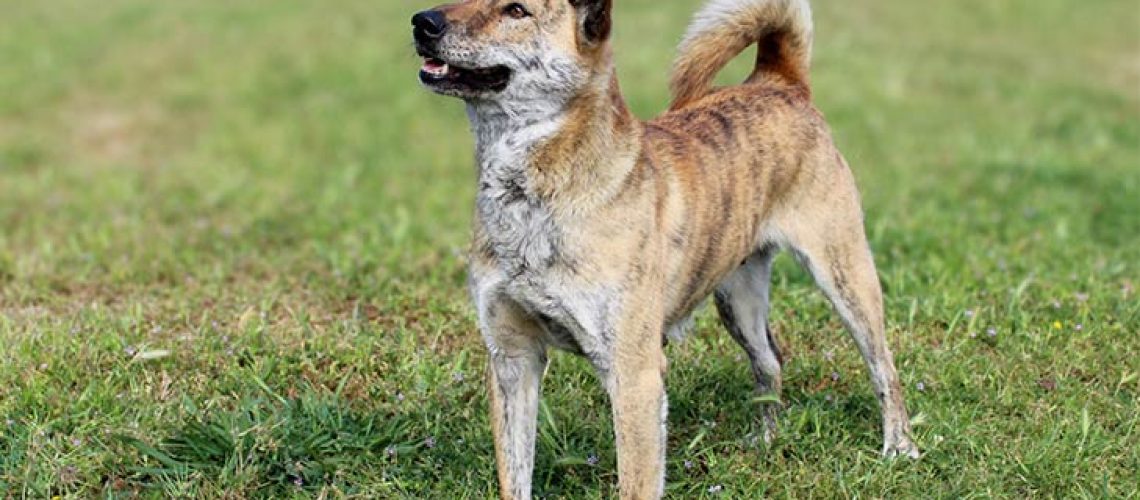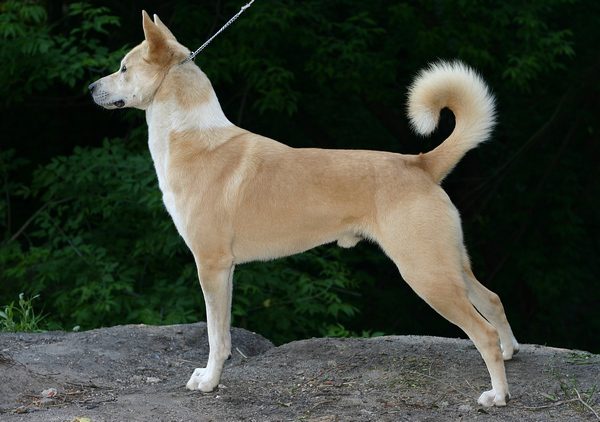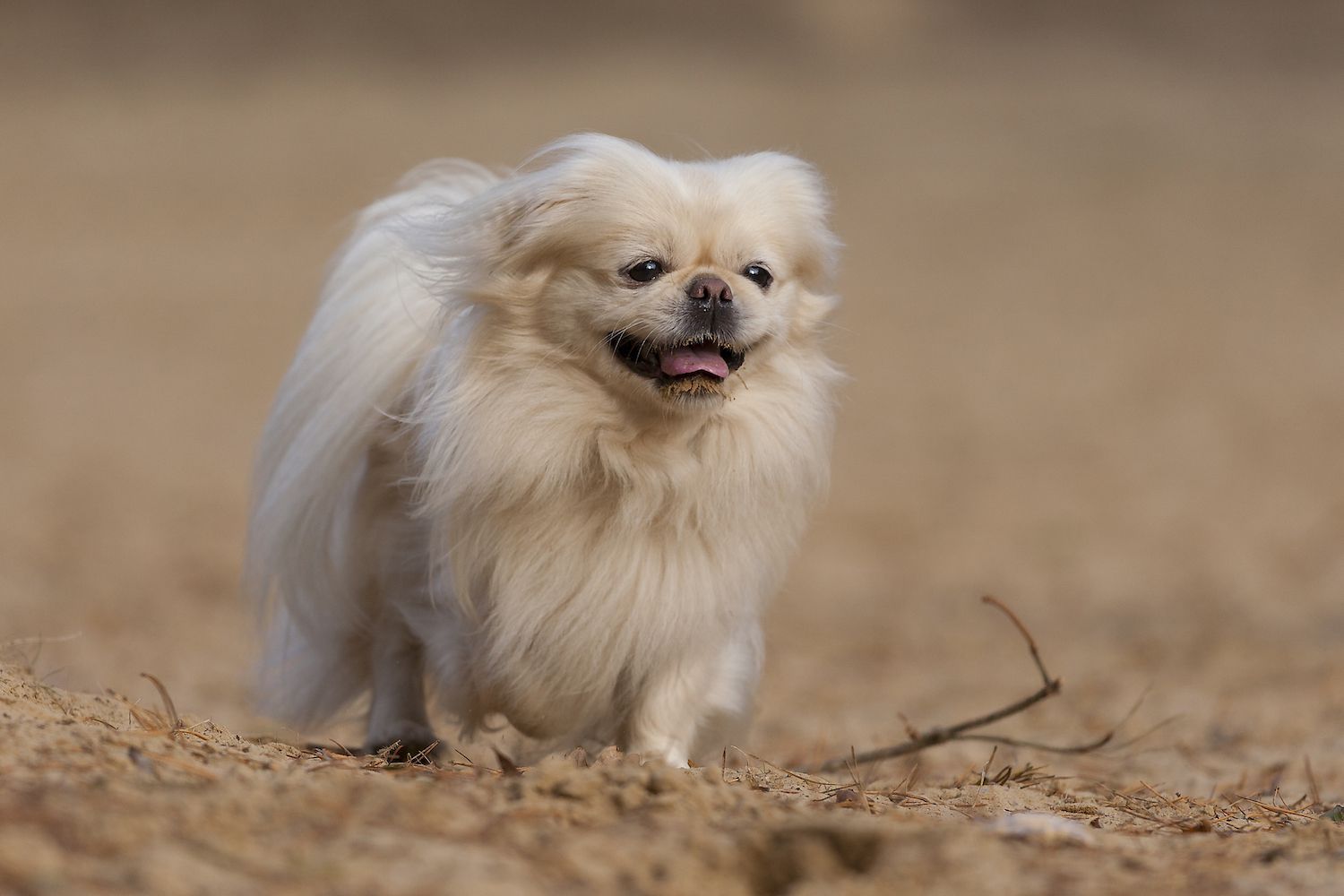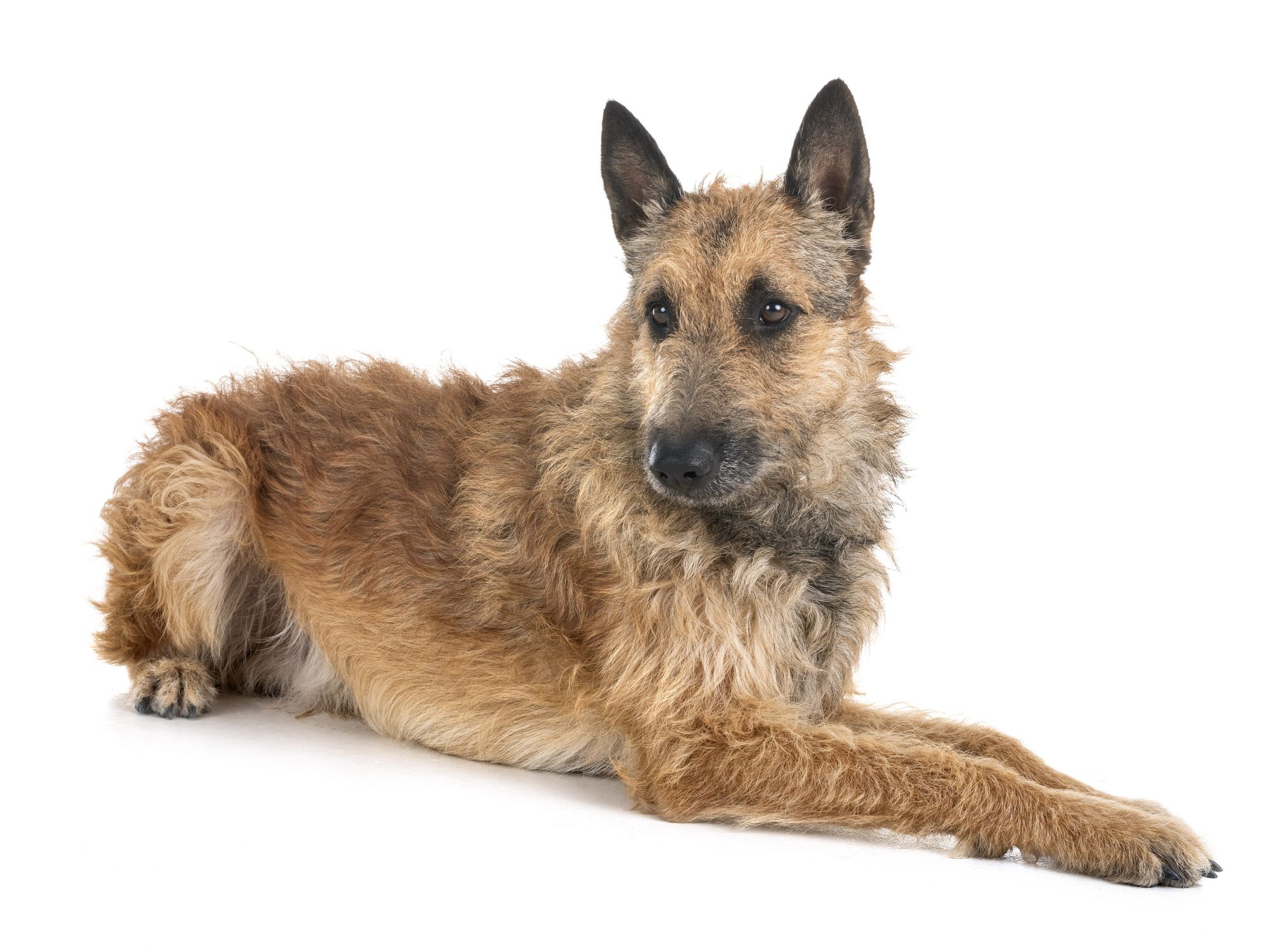Key Takeaways:
- Korean Jindos are a loyal and independent breed known for their strong hunting instincts.
- They have a high energy level and require regular exercise to prevent boredom and destructive behavior.
- Proper socialization from an early age is crucial to prevent aggression towards other animals or strangers.
- Korean Jindos have a thick double coat that requires regular brushing to maintain its health and appearance.
- Training should be firm, consistent, and positive, as they can be stubborn at times but respond well to rewards-based methods.
Are you a dog lover? If so, get ready to embark on an exciting journey into the world of Korean Jindo dogs! Discovering the characteristics and care of this unique breed will not only deepen your understanding of our furry friends but also provide you with valuable insights that can enhance your bond with any dog. With their loyal nature and stunning appearance, Korean Jindos are truly captivating creatures. Whether you're considering adopting one or simply curious about these fascinating canines, this exploration will equip you with all the knowledge you need. So, let's dive in and unravel the secrets of the Korean Jindo breed together!
Key Characteristics of the Korean Jindo Dog Breed
The Korean Jindo dog breed is known for its intelligence, loyalty, and independence. They are medium-sized dogs with a strong and muscular build. Their ears are erect and their tails are curled over their backs. The Jindos have a double coat, with a thick undercoat and a coarse outer coat that helps protect them from harsh weather conditions.
One key characteristic of the Korean Jindo is their strong hunting instinct. They were originally bred to hunt game in the mountains of Korea, so they have excellent tracking skills and a keen sense of smell. This makes them great working dogs for tasks like search and rescue or detection work.
Another important trait of the Korean Jindo is their loyalty to their owners. Once they form a bond with their family, they will do anything to protect them. However, this loyalty also means that they can be wary of strangers and may be aloof or reserved around people they don't know.
Unique Appearance of the Korean Jindo Dog Breed
The Korean Jindo has a unique appearance that sets it apart from other dog breeds. It has a fox-like face with almond-shaped eyes that come in various shades of brown. Their coat can be found in different colors such as white, red, fawn, or brindle.
One distinctive feature of the Korean Jindo is its tail, which curls over its back like a plume. This curled tail is an important characteristic that distinguishes them from other dog breeds.
In addition to their physical appearance, the Korean Jindos also have a graceful and agile movement. They are known for their ability to jump high fences and climb trees if necessary.
Loyalty and Independence: Traits of the Korean Jindo Dog Breed
The Korean Jindo is known for its loyalty towards its family members. Once they form a bond with their owner, they will be fiercely protective and devoted. They are known to be very loyal and will do anything to keep their loved ones safe.
However, along with their loyalty comes their independence. Korean Jindos are intelligent dogs that like to think for themselves. They have a strong sense of self and may not always follow commands blindly. This independence can make training a challenge, but it is also what makes them such unique and interesting companions.
It is important for owners of Korean Jindos to establish themselves as the pack leader and provide consistent and firm training from an early age. This will help ensure that the dog understands its place in the family hierarchy while still maintaining its independent spirit.
The Ideal Living Environment for a Korean Jindo Dog
The ideal living environment for a Korean Jindo dog is one where they have plenty of space to roam and explore. These dogs were originally bred to live in rural areas, so they thrive in environments with large yards or access to open spaces where they can run freely.
Korean Jindos are not well-suited for apartment living or small homes without outdoor space. They need room to stretch their legs and burn off energy. Without enough exercise, they may become bored or frustrated, which can lead to destructive behavior.
In addition to space, it is important for the living environment of a Korean Jindo to be secure. These dogs are natural escape artists and have been known to jump fences or dig under them if they feel confined or bored. A securely fenced yard or an enclosed area is essential to prevent them from wandering off or getting into trouble.
Exercise Needs for a Healthy Korean Jindo Dog
To keep a Korean Jindo dog healthy and happy, regular exercise is crucial. These dogs have high energy levels and require daily physical activity to keep them mentally stimulated and physically fit.
Aim for at least 30-60 minutes of exercise per day, which can include walks, runs, or playtime in a secure area. It is important to provide both mental and physical stimulation to prevent boredom and destructive behavior.
In addition to physical exercise, Korean Jindos also benefit from mental stimulation. Puzzle toys, obedience training, and interactive games can help keep their minds sharp and prevent them from becoming bored.
It is important to note that Korean Jindos are not typically well-suited for dog parks or off-leash areas. They have a strong prey drive and may become aggressive towards other dogs or small animals. It is best to keep them on a leash or in a securely fenced area during outdoor activities.
Grooming Tips for a Korean Jindo's Coat
The Korean Jindo has a double coat that requires regular grooming to keep it healthy and free from mats and tangles. The outer coat is coarse and the undercoat is dense, providing insulation against both cold and hot weather.
To maintain the coat of a Korean Jindo, regular brushing is necessary. Use a slicker brush or an undercoat rake to remove loose hair and prevent matting. Pay extra attention to areas where the hair is thicker, such as the neck, chest, and tail.
Bathing should be done only when necessary, as frequent bathing can strip the natural oils from their coat. Use a dog-specific shampoo that is gentle on their skin and rinse thoroughly to avoid any residue.
Regular nail trims are also important for the overall health of a Korean Jindo. Overgrown nails can cause discomfort or even lead to joint issues. If you are not comfortable trimming your dog's nails yourself, it is recommended to seek professional help.
Lastly, don't forget about dental care! Brush your dog's teeth regularly with a dog-specific toothbrush and toothpaste to prevent dental problems like tartar buildup or gum disease.
Common Health Issues in Korean Jindos and How to Prevent or Manage Them
Like any other dog breed, Korean Jindos are prone to certain health issues. Being aware of these conditions can help you take preventive measures or seek early treatment if necessary.
One common health issue in Korean Jindos is hip dysplasia. This is a genetic condition where the hip joint does not develop properly, leading to pain and mobility issues. To prevent hip dysplasia, it is important to choose a reputable breeder who screens their dogs for this condition.
Another health concern is allergies, which can manifest as skin irritations or digestive issues. Allergies can be caused by food, environmental factors, or even fleas. Identifying and avoiding allergens can help manage these allergies and keep your dog comfortable.
Regular veterinary check-ups are essential for maintaining your Korean Jindo's overall health. Vaccinations, parasite prevention, and routine blood work can help detect any potential health problems early on.
Additionally, providing a balanced diet that meets their nutritional needs is crucial for their well-being. Consult with your veterinarian to determine the best diet for your Korean Jindo based on their age, activity level, and any specific dietary requirements they may have.
By being proactive in your Korean Jindo's healthcare and providing them with proper nutrition and regular exercise, you can help ensure they live a long and healthy life.
In conclusion, the Korean Jindo is a loyal and intelligent dog breed known for its strong hunting instincts. With proper care and training, this breed can make a great companion for families who are willing to provide them with plenty of exercise and mental stimulation.
Is a Korean Jindo a good family dog?
The Korean Jindo Dog is known for their unwavering loyalty and dedication to their owners. These intelligent dogs, originally from South Korea, have a natural talent for hunting, performing tricks, and being agile. Despite being clean and quiet indoors, they still make excellent companions in households.
What are Jindo behavior problems?
It is common for Jindos to exhibit behavioral issues such as escaping, fear of humans, aggression towards other dogs, or fear aggression towards people. When kept as outside pets, Jindos often try to escape from their yards in order to expand their territory, as it is their way of fulfilling this need independently.
What are the pros and cons of Jindo?
Jindos develop a strong attachment to their main caregiver and show great loyalty and protectiveness towards them. They are very territorial and make excellent guard dogs. Korean Jindos are reserved with unfamiliar individuals and will not accept food from someone they are not familiar with. They do not interact well with other dogs or animals.
Can Jindos be left alone?
Regardless of their age, Jindos are highly sociable dogs and should not be left alone for extended periods of time.
Do Jindo dogs bark a lot?
Jindos are known for being territorial dogs. They typically only bark when there is a reason to, but when they do, it is a deep and loud bark. They have a strong sense of territory and will fiercely protect it from intruders. They naturally possess this defensive behavior and do not require training or being chained.
Do Jindo dogs like to cuddle?
While Jindo dogs are not known for being particularly cuddly, they do enjoy being in the presence of their owner and will often find a spot to keep watch.

















